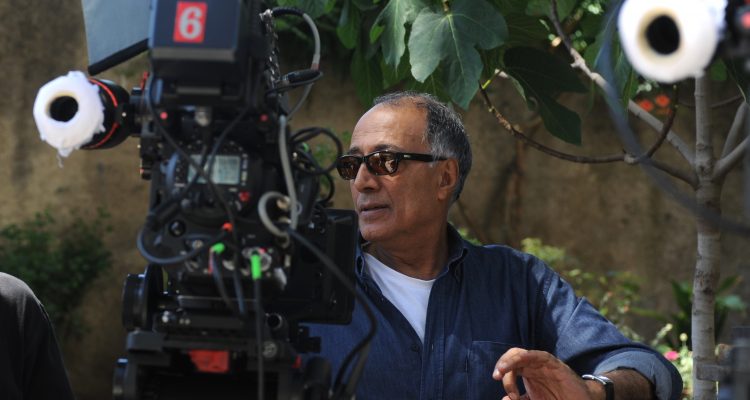 “Taste of Cherry” (1997)
“Taste of Cherry” (1997)
Having collaborated with former assistant Jafar Panahi on the screenplays for the excellent “The Journey” and “The White Balloon,” Kiarostami came back in force with another semi-road movie: “Taste of Cherry.” The film won the Palme d’Or at Cannes, the filmmaker having only just been allowed to leave the country to attend the festival at the last minute, and it launched the director to international fame. Following Badii (a superb Homayoun Ershadi, who in reality is an architect), a middle-aged man searching the countryside outside Tehran for someone to throw earth in his grave after he commits suicide, it’s one of Kiarostami’s most divisive films — patient and languid to a fault, many have dismissed the film as dull and self-indulgent. We’d respectfully disagree, however — Kiarostami’s humanism is front-and-center, and the film’s more oblique qualities actually give it a more wide-reaching profundity, perfectly matched by the director’s beautifully plain shooting style. The film’s coda, which cuts suddenly to behind-the-scenes footage of Kiarostami and his crew making the film, accompanied by Louis Armstrong’s “St. James Infirmary,” is equal parts baffling and brilliant. Few directors have tackled the simple banalities of death and its relationship with life with such skill. [A-]
 “The Wind Will Carry Us” (1999)
“The Wind Will Carry Us” (1999)
Bafflingly, Kiarostami has a reputation among some of his critics for being overly serious, even po-faced, but those who think this clearly haven’t seen “The Wind Will Carry Us.” His second international festival success in a row, winning the Silver Lion at the Venice Film Festival, the picture once again blends truth and fiction, documentary and drama, but to effect more dryly funny than anything in his career to date. Following The Engineer (a filmmaker of sort), who’s come to a small village to document the death of a woman who may be as much as 100 years old. Again, the central characters’ motives remain cloudy for much of the film, even to himself, and it’s one of the most genuinely spiritual films you could ever hope to see, but never in a way that feels preachy or forced. It’s probably the director’s most formally perfect work as well — it’s the last time he worked on film, as opposed to digital, and the collaboration here with great Iranian DoP Mahmoud Kalari makes you wish that he’ll return to it one day soon. Somewhat undervalued on release, history’s seen it take its place as Kiarostami’s most personal, and possibly even his best, work. [A+]
 “Ten” (2002)
“Ten” (2002)
Nominated for the Palme d’Or and starring female director Mania Akbari, this 2002 entry sported a simple premise: 10 car conversations are accounted with two consumer DV cameras attached to both sides of the vehicle. While it may sound amateur in scope and overly-talky, it’s actually a nonpareil, private look into the social (and political) climate of modern-day Iran. These non-actors dig deep and expose themselves, and one of the most memorable instances involves a teary, jilted woman removing her headscarf and revealing a shaved head — one of the first (if not first) times this has been done on film in the country. There’s also the mother-son relationship, one that’s severely tainted by an on-going divorce that the boy isn’t taking particularly well, something that is universally relatable. The youth vocalizes his frustrations without any sort of dignity or censorship — exactly as a child would — and the result is something a bit off-putting, but real. Despite glowing reviews, the single-setting and raw presentation isn’t for everyone, including this writer’s cousin (who caught it in a Persian class and cites “The Blind Side” as a great movie) who claims that it was “the worst movie ever” and that all the boy needed was a slap in the face. That’s an interesting perspective, to say the least. [B]

